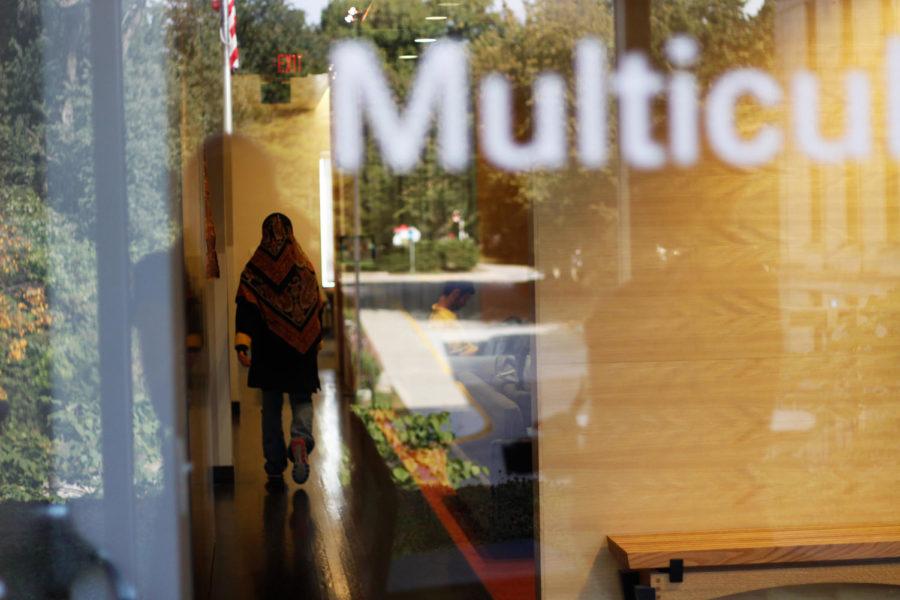Editorial: University should consider third-party suggestions in diversity initiatives
November 29, 2015
In a release to the ISU community Nov. 20, President Steven Leath addressed the progress the ISU administration has made in its attempts to make Iowa State a safer, more inclusive and welcoming campus.
Included in the statement was a timeline of events and decisions since the Sept. 30 open forum, such as: changes in ISU Police; adjustments in the recruitment and retention of Latino students; financial assistance for minority students; ensuring a diverse faculty and staff; creating six subcommittees to dissect the university’s strategic plan; adding another multicultural officer; and incorporating more diverse art around campus.
These concerns should have no doubt been addressed earlier than 2015, but the issues are now being vehemently talked about, and that’s where we start. The university’s development of such subcommittees and public announcement of a multiple-step process to continue to grow in its attempt to be more inclusive are commendable.
Action is obviously needed, and is, according to Leath’s letter, in a position to take place.
Looking at Iowa State’s processes and problems gives the university a chance to broaden how it currently thinks. This could be a chance to collaborate with the University of Iowa and the University of Northern Iowa to see how they discuss diversity on their respective campuses.
Minority students make up about 12.1 percent, about 4,300, of the total ISU student population, including undergraduates, graduates and College of Veterinary Medicine students, according to the Fall 2015 ISU Fact Book. The University of Iowa, with more than 31,000 students, has a minority population of about 15.2 percent as of the university’s fall 2014 fact book. Northern Iowa, according to its 2014 fact book, hosts just more than 1,000 minority students, less than 1 percent of its almost 12,000 total student population.
While Iowa State is taking positive steps itself to improve the quality of an educational experience for minority students, sometimes, a third-party view can be beneficial in finding holes the university may not see.
The three public universities in the last three years have undergone a school-wide efficiency review, in which a consulting firm looked into each university’s academics, finances and human resources. The Iowa Board of Regents paid a consulting firm about $2.45 million for just phase one of the efficiency review, the savings results of which aren’t expected to be seen for years and are even expected to be lower than originally projected.
So why can’t the regents provide a third-party view — be it be from the regents themselves or from a consulting firm — to look at each university’s inclusivity processes and programs? Shouldn’t this governing body want to be involved in the transformation of making its universities more inclusive and welcoming to the students it serves?
Iowa State should most certainly not continue to address its unique difficulties, as doing so will prove to students the dedication of administration and provide more tailored suggestions; however, consulting with the other universities could provide a more diverse conversation and long-term results.
While the argument could be made that a third-party consultant would not be knowledgeable to the specific climate of a particular campus, said consultant, or the board itself, could coordinate a collaboration among the state universities and use the opportunity to dive in and learn as much as possible about how each university operates. Another argument could be the cost of doing such; however, if this is an issue that directly involves the student experience, shouldn’t it be on the top of spending priority lists?
If racial tension is happening on the ISU campus, it’s happening on the University of Iowa campus and it’s happening on the University of Northern Iowa campus. The purpose of a shared governance should be to keep a watchful eye on university administration and to ensure the high quality of education and student life.







